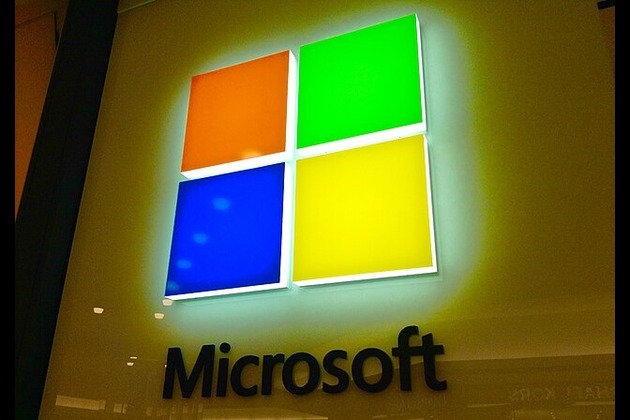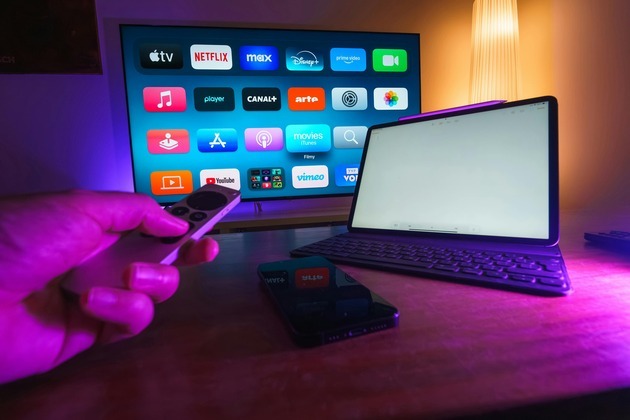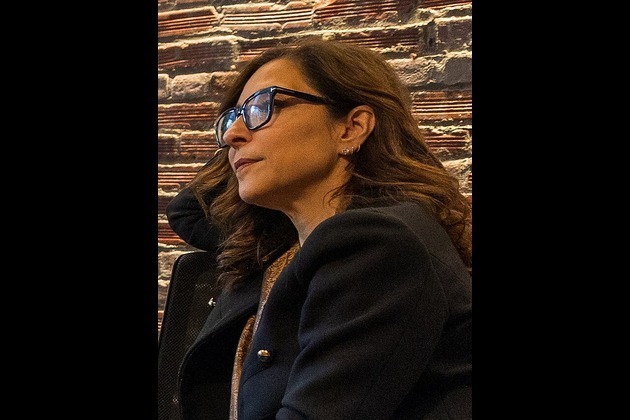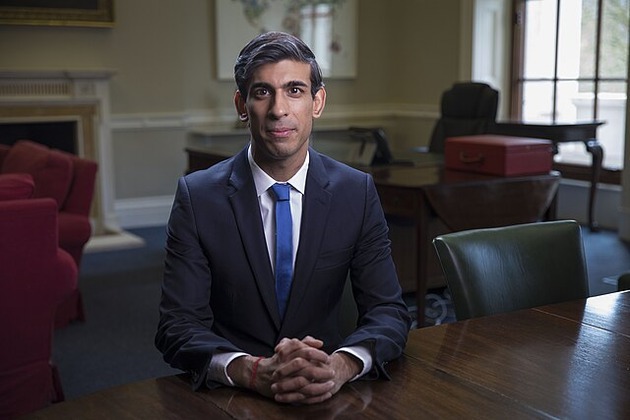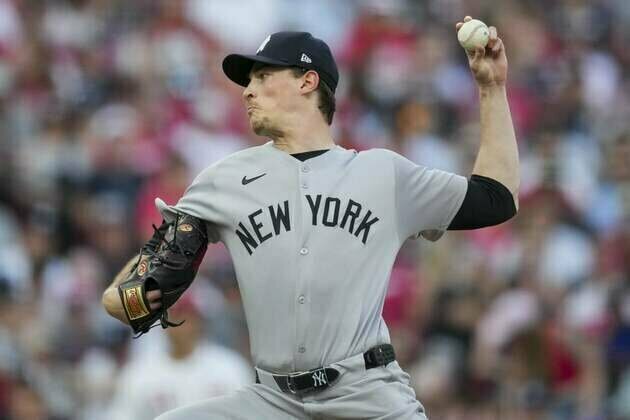Eliminating food deserts won't help poorer Americans eat healthier
The Conversation
02 Dec 2019, 11:55 GMT+10
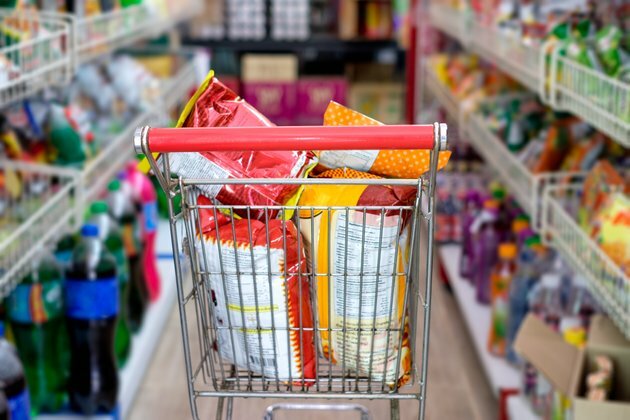
In the U.S., rich people tend to eat a lot healthier than poor people.
Because poor diets cause obesity, Type II diabetes and other diseases, this nutritional inequality contributes to unequal health outcomes. The richest Americans can expect to live 10-15 years longer than the poorest.
Many think that a key cause of nutritional inequality is food deserts - or neighborhoods without supermarkets, mostly in low-income areas. The narrative is that folks who live in food deserts are forced to shop at local convenience stores, where it's hard to find healthy groceries. If we could just get a supermarket to open in those neighborhoods, the thinking goes, then people would be able to eat healthy.
The data tell a strikingly different story.
Negligible change
We recently studied the impact of opening supermarkets in food deserts in research conducted with fellow economists Rebecca Diamond, Jessie Handbury and Ilya Rahkovsky.
From 2004 to 2016, over 1,000 supermarkets opened in neighborhoods around the country that previously had been food deserts. We analyzed the grocery purchases of a sample of 10,000 households living in those neighborhoods.
Did they start to buy healthier food after the supermarket opened nearby?
Although many people began shopping at the new local supermarket after it opened, they generally didn't buy healthier food. We can statistically conclude that the effect on healthy eating from opening new supermarkets was negligible at best. We calculated that local access to supermarkets explains no more than about 1.5% of the difference in healthy eating between low- and high-income households.
How could this be?
Why food deserts aren't the problem
The food desert narrative suggests the lack of supply of healthy foods is what causes reduced demand for them.
But in the modern economy, stores have become amazingly good at selling us exactly the kinds of things we want to buy. Our research suggests the opposite narrative: Lower demand for healthy food is what causes the lack of supply.
Furthermore, local neighborhood conditions don't matter much, since we regularly venture outside our neighborhoods. We calculate that the average American travels 5.2 miles to shop. Low-income households aren't that different: They travel 4.8 miles.
Given that we're willing to travel that far, we tend to shop in supermarkets even if there isn't one down the street. We found that even people who live in ZIP codes without a supermarket still buy 85% of their groceries from supermarkets.
Tax sugar, subsidize produce
In other words, people don't suddenly go from shopping at an unhealthy convenience store to shopping at the new, healthy supermarket. In reality, people go from shopping at a faraway supermarket to shopping at a new supermarket that offers the same types of groceries.
To be clear, new grocery stores do provide many benefits. In many neighborhoods, new retail can bring jobs, a place to see neighbors and a sense of revitalization. People who live nearby get more options and don't have to travel as far to shop.
But the data show that healthier eating is not one of those benefits.
Instead, we would recommend tweaking prices as a better approach to encouraging healthier habits. Taxes on sugary drinks can discourage their consumption, while food-stamp programs could be modified to make fruits and vegetables cheaper.
And, given that we develop long-term eating habits as children, parents and schools can encourage kids to eat healthier.
Health inequality is one of our society's most important problems. We hope that this research can direct efforts toward ideas that can materially improve health - and away from ideas that do not.
Authors: Hunt Allcott - Associate Professor of Economics, New York University | Jean-Pierre DubУТЉ - Sigmund E. Edelstone Professor of Marketing, University of Chicago | Molly Schnell - Assistant Professor of Economics, Northwestern University 
 Share
Share
 Tweet
Tweet
 Share
Share
 Flip
Flip
 Email
Email
Watch latest videos
Subscribe and Follow
Get a daily dose of Chicago Chronicle news through our daily email, its complimentary and keeps you fully up to date with world and business news as well.
News RELEASES
Publish news of your business, community or sports group, personnel appointments, major event and more by submitting a news release to Chicago Chronicle.
More InformationBusiness
SectionAI saves $500 million for Microsoft as layoffs reshape strategy
REDMOND, Washington: Artificial intelligence is transforming Microsoft's bottom line. The company saved over US$500 million last year...
FTC’s rule to ease subscription cancellations struck down by court
WASHINGTON, D.C.: A federal rule designed to make it easier for Americans to cancel subscriptions has been blocked by a U.S. appeals...
Musk’s X loses CEO Linda Yaccarino amid AI backlash, ad woes
BASTROP, Texas: In a surprising turn at Elon Musk's X platform, CEO Linda Yaccarino announced she is stepping down, just months after...
Ex-UK PM Sunak takes advisory role at Goldman Sachs
NEW YORK CITY, New York: Former British prime minister Rishi Sunak will return to Goldman Sachs in an advisory role, the Wall Street...
Gold ETF inflows hit 5-year high as tariffs drive safe-haven bets
LONDON, U.K.: Physically backed gold exchange-traded funds recorded their most significant semi-annual inflow since the first half...
PwC: Copper shortages may disrupt 32 percent of chip output by 2035
AMSTERDAM, Netherlands: Some 32 percent of global semiconductor production could face climate change-related copper supply disruptions...
Illinois
SectionRubio impersonator used AI to reach officials via Signal: cable
WASHINGTON, D.C.: An elaborate impersonation scheme involving artificial intelligence targeted senior U.S. and foreign officials in...
Twins seek series victory vs. slumping Pirates
(Photo credit: Charles LeClaire-Imagn Images) The Minnesota Twins will try to make it three series victories in a row when they take...
Yankees aim for season-best winning streak against Cubs
(Photo credit: Aaron Doster-Imagn Images) Cody Bellinger spent the past two years rejuvenating his career with the Chicago Cubs....
MLB roundup: Yanks bomb Cubs on Cody Bellinger's 3 HRs
(Photo credit: Wendell Cruz-Imagn Images) Cody Bellinger hit three homers for the first time in his career and drove in six runs,...
White Sox edge Guardians in 11th to split doubleheader
(Photo credit: Matt Marton-Imagn Images) Mike Tauchman delivered a game-ending infield single in the 11th inning and Lenyn Sosa homered...
Paul McCartney announces fall 'Got Back' North American Tour; check out dates
Washington, DC [US], July 12 (ANI): The Beatles legend Paul McCartney is hitting the road again. The singer-songwriter has announced...

